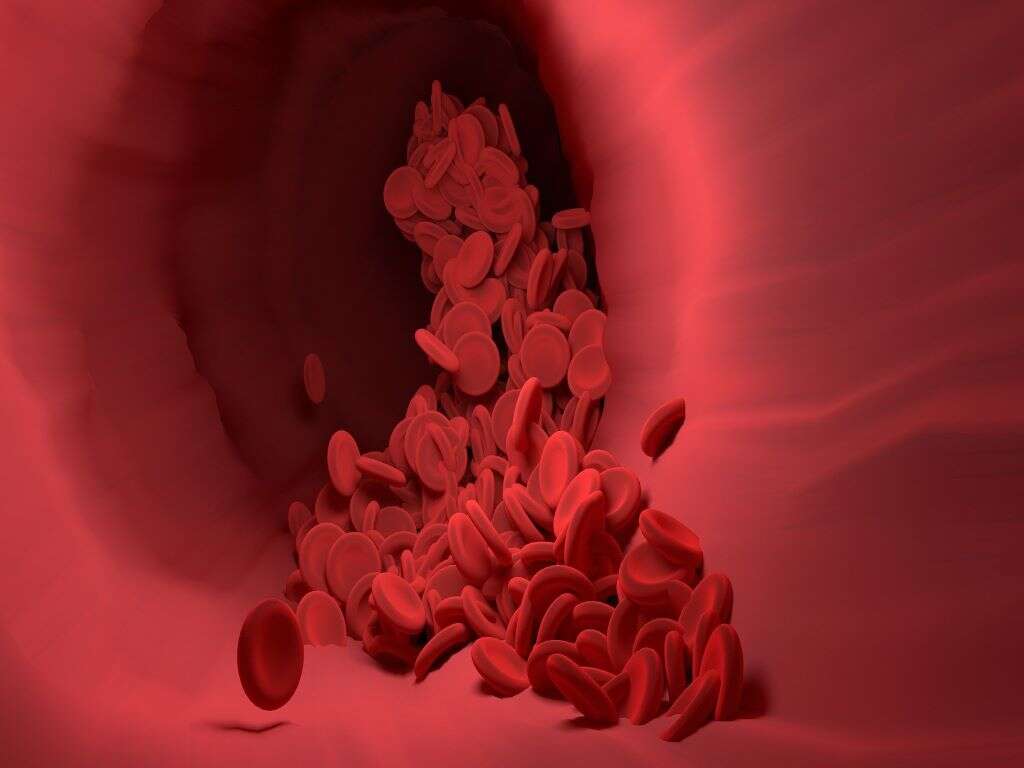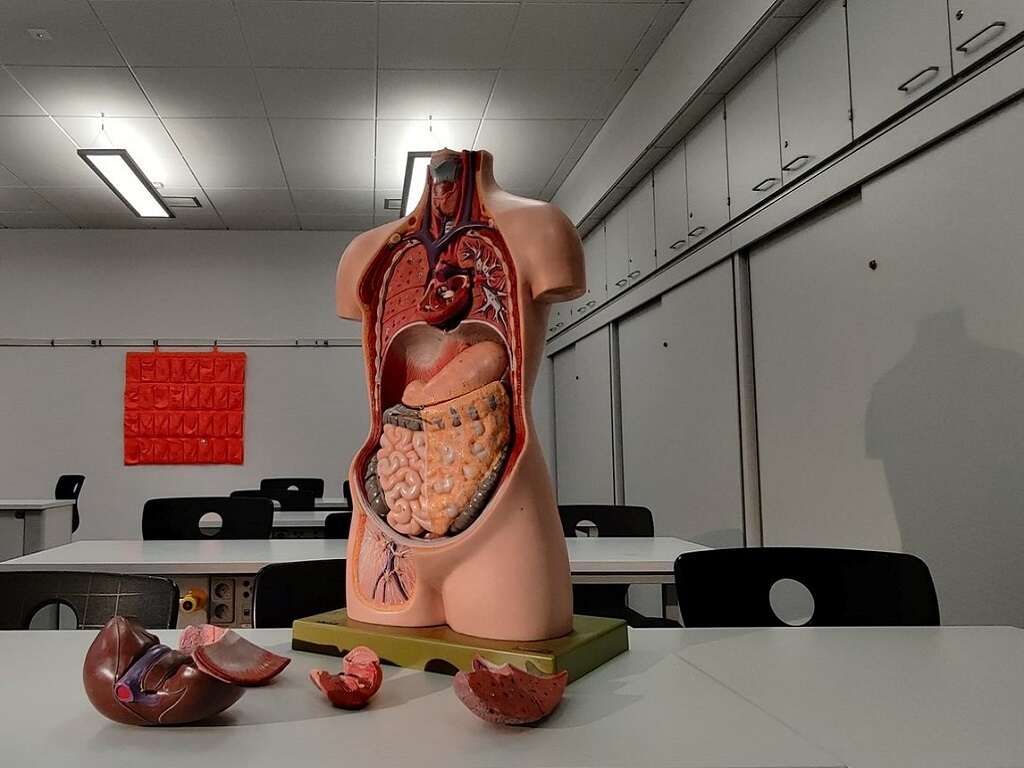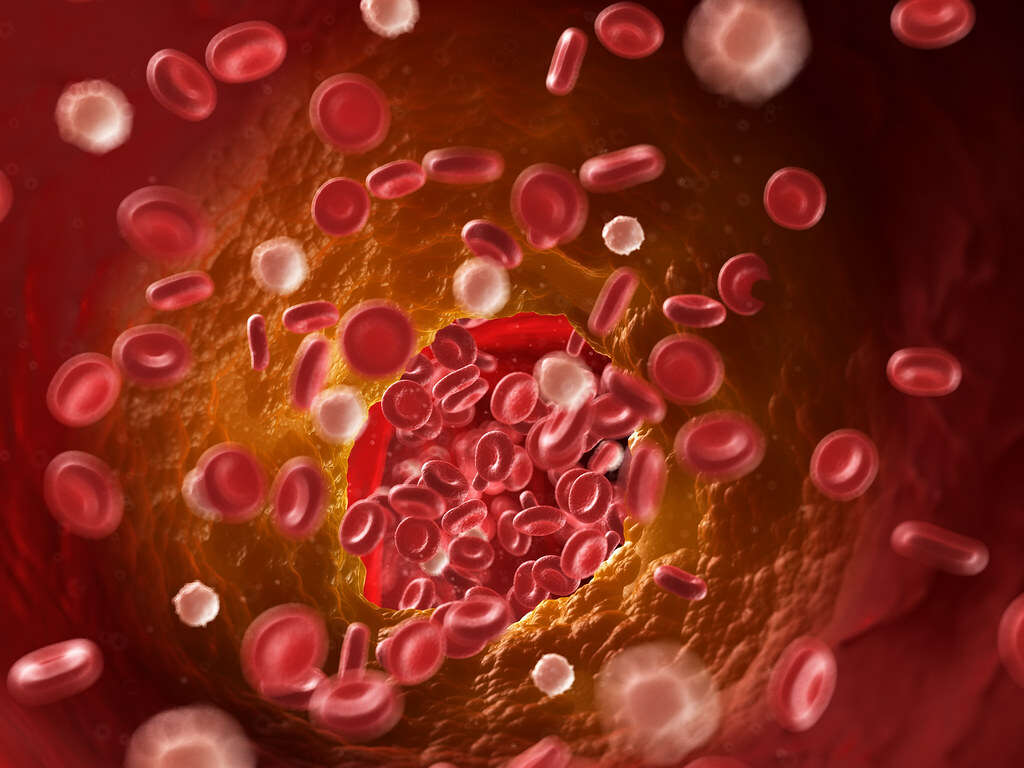10 Necrotizing Fasciitis Symptoms
 Article Sources
Article Sources
- 1. 'Necrotising Fasciitis.' Nhs.uk, 19 Oct. 2017, www.nhs.uk/conditions/necrotising-fasciitis/
- 2. 'Necrotizing Fasciitis.' Centers for Disease Control and Prevention, 31 Dec. 2019, www.cdc.gov/groupastrep/diseases-public/necrotizing-fasciitis.html
- 3. 'Necrotizing Soft Tissue Infection: MedlinePlus Medical Encyclopedia.' MedlinePlus - Health Information from the National Library of Medicine, medlineplus.gov/ency/article/001443.htm
- 4. North Dakota Department of Health | Department of Health, www.ndhealth.gov/Disease/Documents/faqs/Necrotizing/Fasciitis.pdf
- 5. 'Type II Necrotizing Fasciitis.' Centers for Disease Control and Prevention, 8 May 2020, www.cdc.gov/groupastrep/diseases-hcp/necrotizing-fasciitis.html
Vomiting and Diarrhea
A person with a fever and muscle aches as well as an upset stomach, diarrhea and vomiting may assume they have the stomach flu. If these symptoms develop in the aftermath of an injury, however, the person may have a serious infection.1‘Necrotising Fasciitis.’ Nhs.uk, 19 Oct. 2017, www.nhs.uk/conditions/necrotising-fasciitis/
Even a doctor may not initially diagnose necrotizing fasciitis because it's rare, and early symptoms may appear mild. That's why it's important to watch for all symptoms, even those that don't seem directly connected to the injury.4North Dakota Department of Health | Department of Health, www.ndhealth.gov/Disease/Documents/faqs/Necrotizing/Fasciitis.pdf
Advertisement










